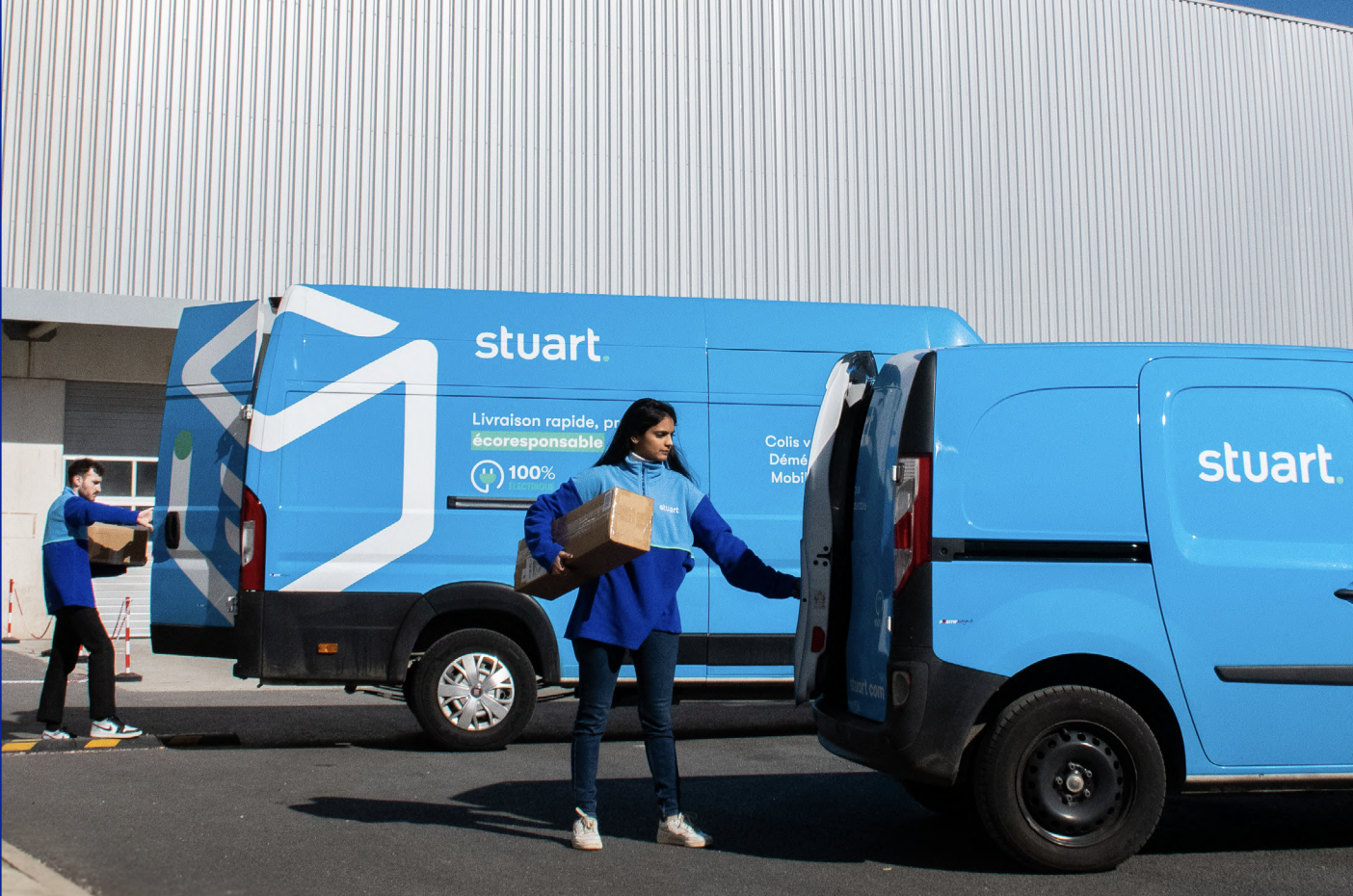Intu is fighting for survival after a year in which it turned in a £2bn full-year loss. If the shopping centre operator does pull through, its longer-term plan will be on transforming its business in step with changing shopper behaviour.
First it must fix the balance sheet where there is, it said in this week’s full-year figures, “a material uncertainty in relation to Intu’s ability to continue as a going concern.” The company has not been able to raise more cash through an equity sale but it said that it had a number of financing options to explore and it is also looking into the possibility of selling off more assets. So far it has sold assets worth £600m. The retailer, citing GlobalData research, says that it owns nine 20 of the UK’s top shopping centres.
Behind the figures
The news came as Intu reported its results for the year to December 31 2019. The shopping centre operator, whose centres include intu Lakeside, intu Trafford Centre and intu Watford (pictured), reported revenue of £542.3m, down by 7% on the £581.1m it reported at the same time last year. Net rental income of £401.6m was down from from £450.5m, with a like-for-like reduction of 9.1%. The reduction was driven by CVAs and administrations among its retail customers.
Losses came in at £2bn, down by 272% from a loss of £1.2bn last year, with the value of Intu’s assets now 23% down on the previous year – and taking its debt to asset ratio to 65%.
Intu chief executive Matthew Roberts, who took over the job last April, said: “Our results are evidence of the challenges in our market, in particular structural changes ongoing in the retail sector, with some weaker retailers struggling to remain relevant in a multichannel environment. This has led to a higher level of administrations and CVAs and has been exacerbated by the continued weak confidence from the political and economic uncertainty in the UK.
“The impact of this can be seen in the reduction in revenue. Like-for-like net rental income reduced by 9.1% in 2019, with over half the change coming from CVA and administration processes which were predominantly agreed in the first half of the year. This has also impacted the investment market where 2019 saw the lowest level of shopping centre transactions since 1993. This weak sentiment has weighed heavily on valuations. We have seen reductions in the year of 23% and around 33% from the peak in December 2017. This property valuation deficit was the main contributor to the £2.0 billion loss for 2019.”
Transformation strategy
As and when Intu’s short-term financial position improves, the shopping centre operator has long-term faith in the future of stores.
A million people visit one of its centres on an average day, and Intu says satisfaction and brand relevance are growing. The centres have 95% occupancy, and the company says they are a first stop for brands including Apple, Inditex, Victoria’s Secret and Abercrombie & Fitch. Digital innovations include an online shopping mall, intu.co.uk, and an in-store cash back app, intu Pocket.
Roberts said: “The right stores in the right locations will always play a vital role for retailers but, with all the recent commentary around the death of the store, you could believe that no one will be going shopping in the future.
“Two statistics from recent research by CACI illustrate the importance of the store. First, around 90 per cent of all retail spend is influenced by a physical store, and second, the presence of a physical store can double a retailer’s online sales in that local catchment.
“If we look ahead to 2026, research carried out by CACI and Revo suggests that 77% of transactions will still touch a store, even with the overall percentage of online sales increasing from around 20% to 30%. If this is considered with the expectation that overall store numbers in the UK will decrease, there will be continued demand from brands for high-quality, high-footfall locations where they can maximise their productivity and profitability.
“As the role of the store changes, then the relationship with our retail customers will change too. Data and insight are becoming increasingly important and it is key that we and our customers join forces and share data to ensure we both benefit and potentially share the risk and reward.”
Roberts says that while transformation is nothing new, the speed of change is increasing. “Our view is that the best locations will deliver theatre and world class service, maximising footfall and increasing dwell time. These will be the locations that our customers focus on as they rationalise their store portfolios.”
Its centre transformation strategy includes placemaking, and finding ways – such as a big bug tour and an upside down house – to attract shoppers in for longer. It has identified sites where it could build houses, hotels and flexible working sites. And it is working with its retail customers to develop multichannel strategies and to reduce customer costs and hassles while improving their sales.
Coronavirus
Intu said that it was monitoring the “rapidly evolving” Covid-19 situation. The company said its visitor numbers were “broadly unchanged” in the first 10 weeks of its current financial year, compared to the same time last year.
Covid-19 is listed in its full-year results as an emerging business risk, as it monitors the financial resilience of its centres and how well-placed they are to deal with variations in income, reduced footfall and future rents. Intu also says it has well-rehearsed plans in place that have been reviewed in the light of Public Health England guidance.
Image courtesy of Intu









